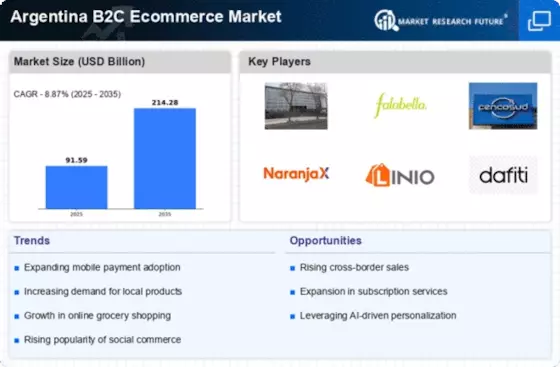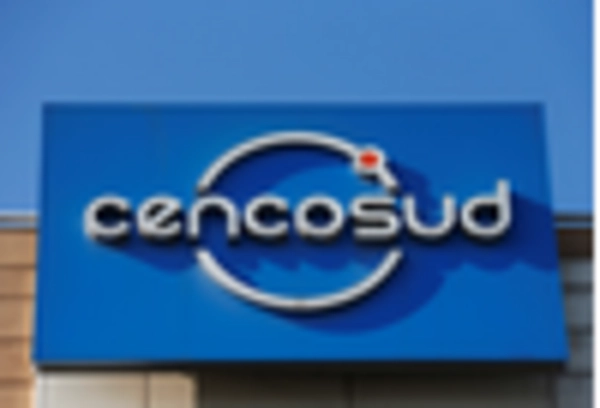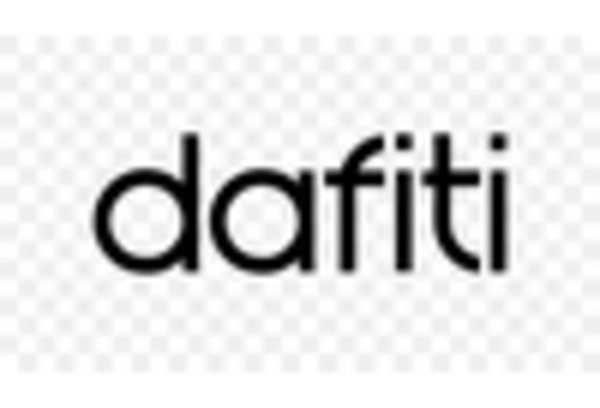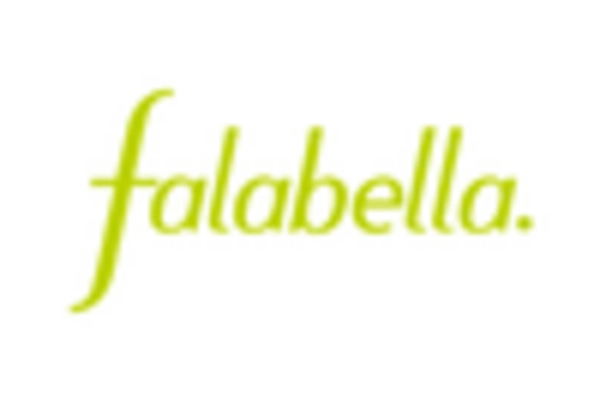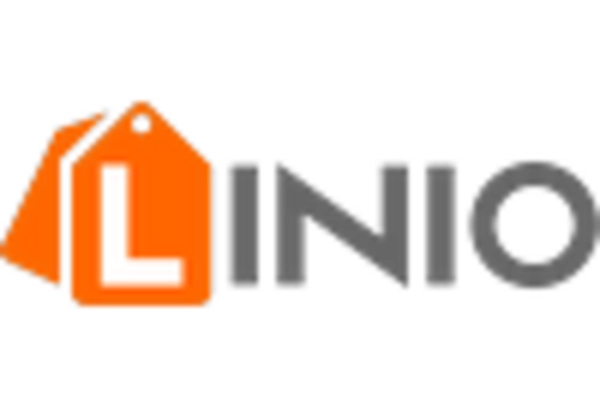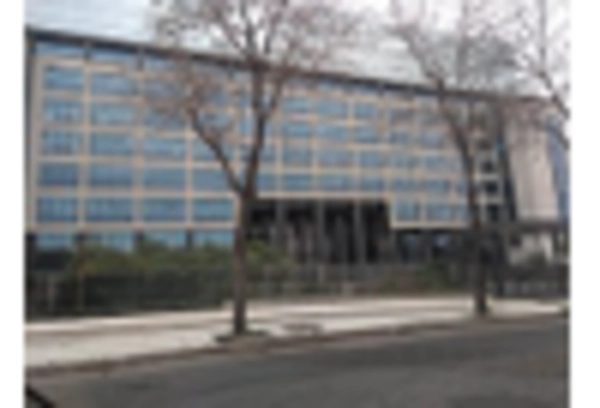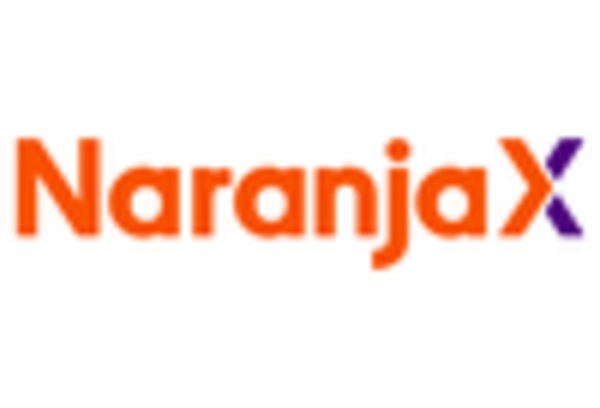Growing Internet Penetration
The Argentina B2C Ecommerce Market is experiencing a notable increase in internet penetration, which is a critical driver for online shopping. As of January 2026, approximately 80% of the population has access to the internet, facilitating a broader customer base for e-commerce platforms. This growth in connectivity is particularly pronounced in urban areas, where high-speed internet is more readily available. The rise in internet users has led to an increase in online transactions, with e-commerce sales projected to reach USD 20 billion in 2026. This trend suggests that as more consumers gain access to the internet, the potential for the Argentina B2C Ecommerce Market to expand further is substantial.
Influence of Social Media Marketing
Social media marketing is emerging as a powerful driver in the Argentina B2C Ecommerce Market. As of January 2026, a significant percentage of consumers are influenced by social media advertisements when making purchasing decisions. Platforms such as Instagram and Facebook are being utilized by e-commerce businesses to reach potential customers effectively. The integration of shoppable posts and targeted advertising campaigns allows brands to engage directly with consumers, fostering a sense of community and brand loyalty. This trend indicates that social media will continue to play a crucial role in shaping consumer behavior and driving sales within the Argentina B2C Ecommerce Market.
Adoption of Digital Payment Solutions
The Argentina B2C Ecommerce Market is significantly influenced by the growing adoption of digital payment solutions. As of January 2026, around 60% of online transactions are conducted through digital wallets and mobile payment platforms. This shift towards cashless transactions is driven by consumer preferences for convenience and security. The government has also implemented policies to promote digital payments, aiming to reduce cash dependency in the economy. This trend not only enhances the shopping experience but also encourages more consumers to engage in e-commerce, thereby propelling the growth of the Argentina B2C Ecommerce Market.
Rising Consumer Trust in Online Shopping
Consumer trust is a fundamental driver in the Argentina B2C Ecommerce Market. As of January 2026, there has been a marked increase in consumer confidence in online shopping, attributed to improved security measures and better customer service practices. E-commerce platforms are increasingly adopting robust security protocols to protect consumer data, which has alleviated concerns regarding online fraud. Additionally, positive reviews and testimonials from satisfied customers are enhancing the reputation of e-commerce businesses. This growing trust is likely to encourage more consumers to shop online, thereby contributing to the expansion of the Argentina B2C Ecommerce Market.
Increased Focus on Logistics and Delivery Services
The logistics and delivery sector plays a pivotal role in the Argentina B2C Ecommerce Market. As online shopping continues to grow, the demand for efficient delivery services has surged. In January 2026, logistics companies are investing heavily in improving their infrastructure to meet consumer expectations for faster delivery times. This includes partnerships with local courier services and the implementation of advanced tracking systems. The enhancement of logistics capabilities is likely to reduce delivery times significantly, which could lead to higher customer satisfaction and repeat purchases, further driving the growth of the Argentina B2C Ecommerce Market.


